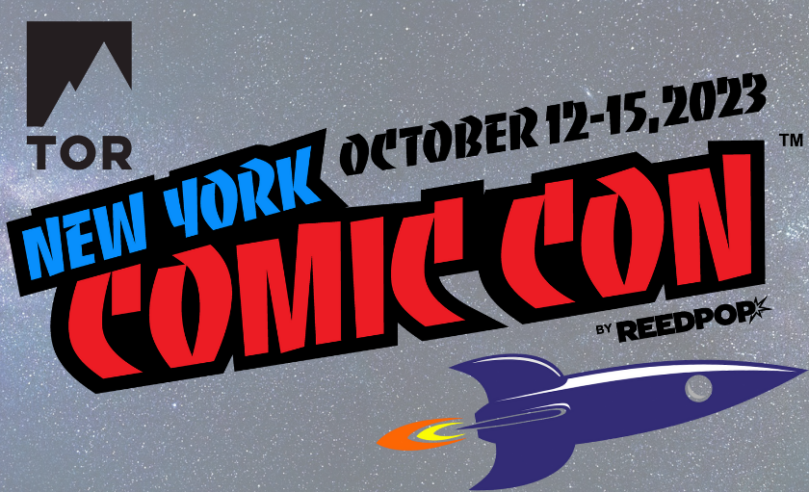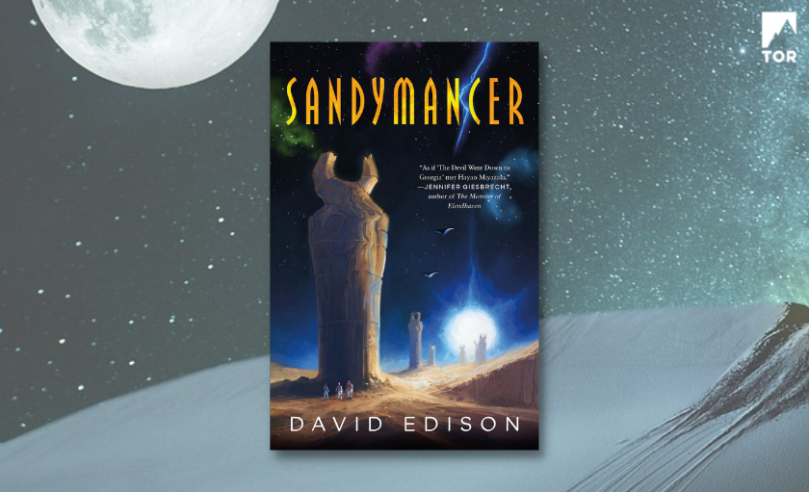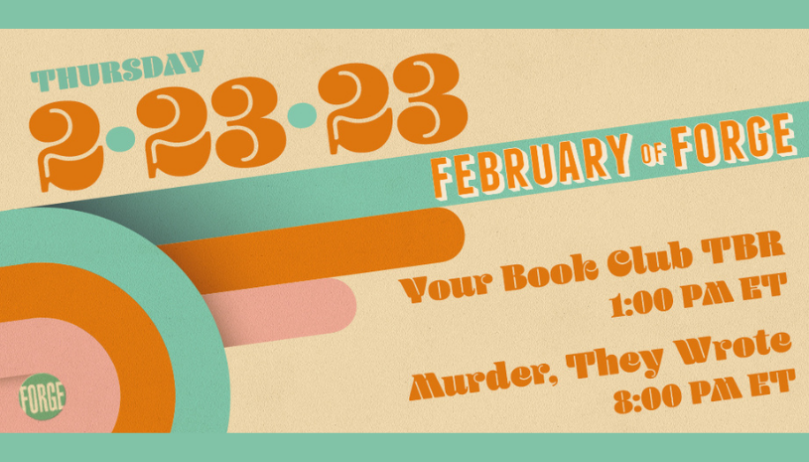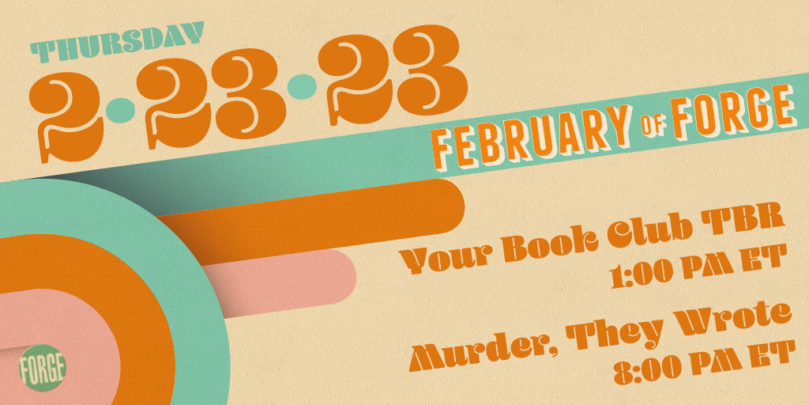
On the Road: Tor Author Events in October 2023
Tor authors are on the road and headlining cool events!

Tor authors are on the road and headlining cool events!

Check out all Tor’s awesome panels and booth events for NYCC 2023!

Please enjoy this free excerpt of Sandymancer by David Edison, on sale 9/19/23

Forge Books is so excited to bring readers our third annual virtual convention, February of Forge! Featuring two events with 15 authors, both panels will run on 2.23.23 on Crowdcast. Fans will be able to meet and interact with new and favorite authors and get some great ideas for their TBR piles and book clubs…

Forge Books is so excited to once again bring you our third annual virtual convention, February of Forge! Featuring two events with more than 15 authors combined, both panels will run on 2.23.23 on Crowdcast. Fans will be able to meet and interact with new and favorite authors and get some great ideas for their TBR…

HEY HELLO HI—exciting news! Tor authors are coming to screens and stores near you
Check out this month’s exciting virtual and in-person events!

We couldn’t be more thrilled to get back to the Big Apple—Tor Books is coming to New York Comic Con! Join the convention from October 6-9 (tickets for physical & virtual access can be bought here) for some amazing panels, listed below, and don’t forget to follow us on social media and the hashtag #TorNYCC2022 for announcements, sweepstakes, and more!

New month, new books, awesome events! You know the drill!
Check out this month’s exciting digital events!

We are absolutely thrilled to be joining San Diego Comic Con in person this year, and even more excited to share some of our AMAZING panels with you! From book spotlights to blood and magic, check out our full panel lineup below, and don’t forget to come say hi to us at booth #2701 for swag, books, signings, and more!

Blue skies, fluffy clouds, warm weather, and awesome book events! To help with your summer scheduling, we’ve compiled a list of everything your favorite Tor authors have going on
Check it out!